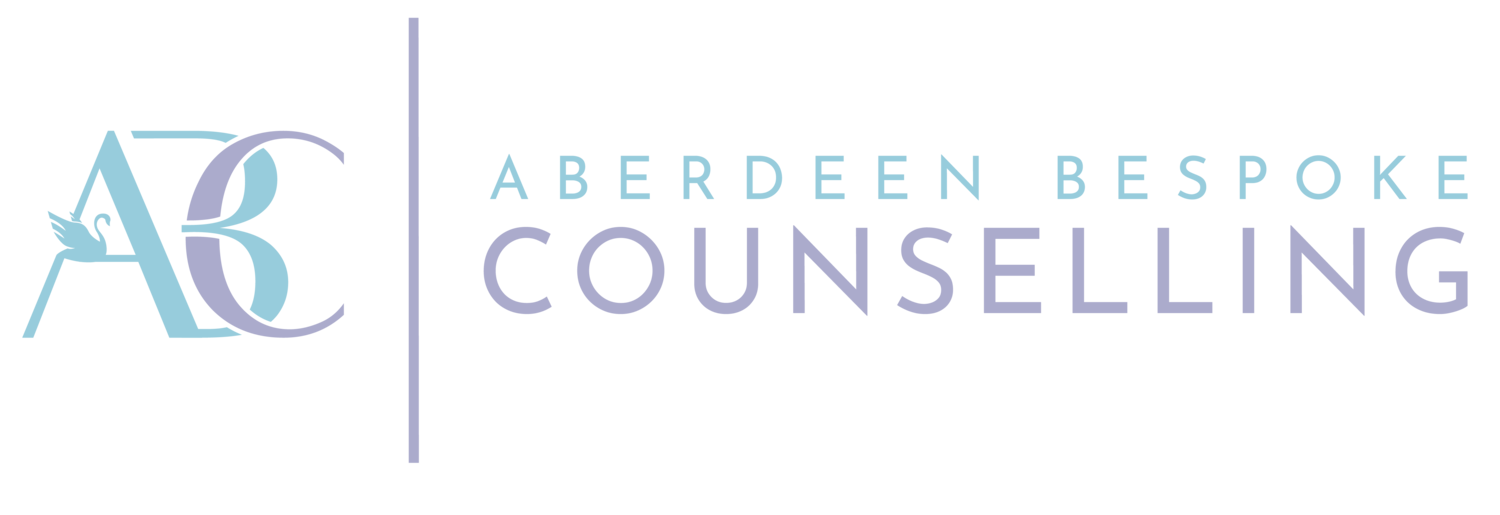Hmm what is that addiction doing for you?
I recently read an article by Gabor Mate. Have you heard of him? If not, he is a qualified medical doctor, an internationally celebrated writer, speaker and trainer on trauma and addictions and has worked for many years in addictions! Just a small resume I know. He is someone counsellors look to for answers to the complex issues we come across in the counselling room and someone I think who takes a refreshingly bold and different stance on trauma and addiction.
He doesn’t believe there is a clear line that can be crossed from medical to psychiatry and believes there is “no separation to be made between the psyche and the soma between people’s emotional lives, their limbic systems, their life histories and their physiology”. This did resonate with me as I believe although we may have an issue with mental health or physical health each one is very different, but will find a way to affect the other. For example, in very simple terms you may be experiencing depression (mental health) and this impacts your eating habits and you eat less and lose weight (physical impact). Or you injure yourself and are no longer able to play football or go to Pilates for months (physical), when you are an active person so then you feel down and frustrated (mental health impact).
Gabor also even though he has extensive medical knowledge and experience he always comes across as down to earth and keeps things straight forward and simple. His answers in articles and YouTube videos are all incredibly easy to digest. When he talks of trauma, he reminds us of the origin of the word ‘trauma’ – it’s the Greek word for wounding and then he goes on to describe wounds in two ways; as one that doesn’t heal and is always sore to touch and one that does heal. Again, simply put by Gabor “Trauma can be due just to relational misalignments that leave a mark on your psyche and in your body that impairs your functioning in later life”. So, when you think of Trauma does War, Disaster or Terrorism spring to mind? Yes, but sexual abuse, neglect, emotional mistreatment, loss of parents, divorce, bereavement, bullying all can be considered as trauma or wounding! As a counsellor I have seen that one person may come through one of these experiences without being traumatised whereas another may be traumatised for life. Why? It could be a number of things circumstances, support networks, upbringing and even personality could affect the extent of traumatisation.
What does addiction have to do with Trauma? Quite a lot actually, there are many reasons why someone may become an addict but according to Gabor one of those reasons is simply to cover up pain. One of his responses to an addict might be “hmm what is that addiction doing for you? Oh, its soothing your pain, is it? So how did you develop that pain? What happened to you? And how can we help you heal that pain and handle it in ways that are not self-destructive?” Wow!! Those questions again really stayed with me as a counsellor, as that is what is all about with clients – not judging, not looking at the whats going on on the surface but looking below that and trying support and empathise with that deep hidden pain.
As a counsellor it is my role to see past the outside and look inside, walk alongside the client then hopefully walk together to a healthier path and way of life. Whether it is trauma, addiction, bereavment or any other challenging experience you have been through, I hope you will reach out to Aberdeen Bespoke Counselling and let me support you through whatever difficulties you may be currently experiencing.

